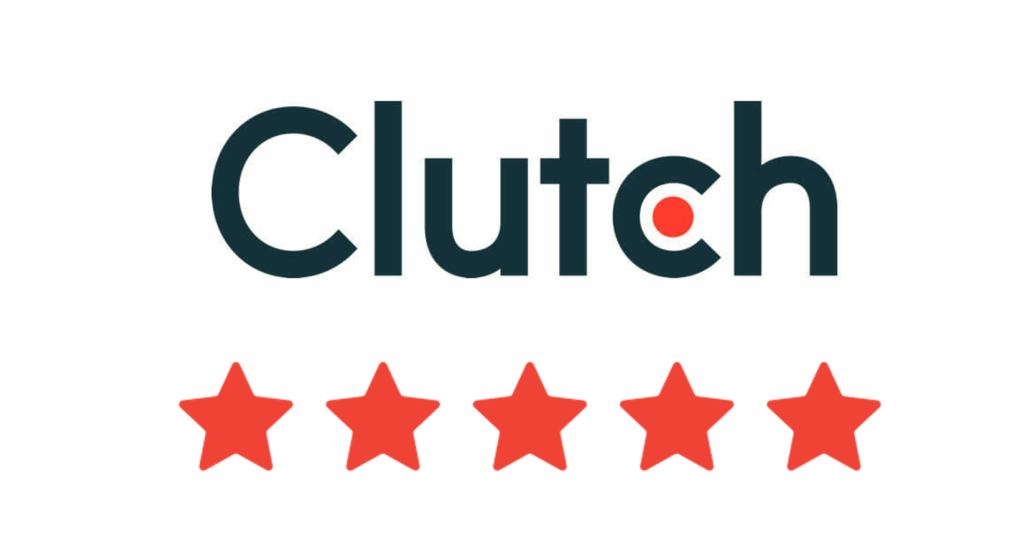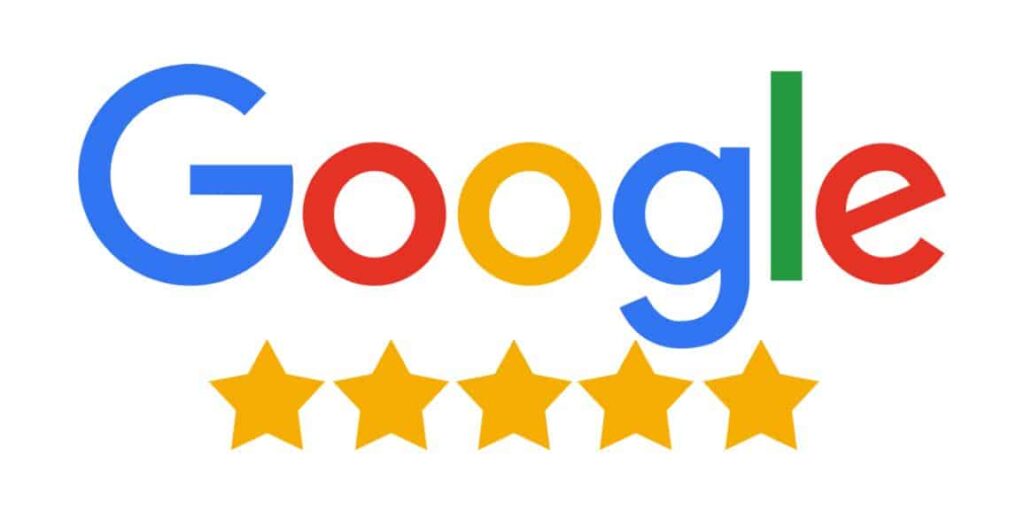The transfer of value from the page providing a link to the pages it connects to is commonly known as link equity or link juice.
This value is rooted in the concept that websites share their value and authority by linking externally and internally to other pages.
Moreover, various factors, such as the source page’s authority, relevance, and more, contribute to determining this value. In this context, you will gain a deeper understanding of link equity and the factors influencing its calculation.
What Is Link Equity?
At the core of grasping link equity is Google’s PageRank algorithm. PageRank, a fundamental innovation by Google, was crafted to determine the ranking of web pages in search engine results.
The crux of Google PageRank lies in assessing both the quantity and quality of links directed towards a page, providing an estimate of its significance within the extensive web landscape.
In simple terms, Google PageRank serves as the mechanism for determining the authority and relevance of a page based on the links it garners.
Now, how does link equity fit into this framework?
Link equity functions as the currency within the PageRank system. While PageRank measures the overall importance of a page, link equity determines the value or “weight” assigned to each link.
To illustrate, envision the web as a democracy, where PageRank acts as the electoral system, and link equity signifies the individual votes. However, not all votes (or links) exert the same influence, as some carry more weight owing to the authority and relevance of their source.
Despite evolution of Google’s ranking algorithms and the incorporation of various other signals over time, the foundational principle remains unchanged: links, especially those with substantial link equity, play a pivotal role in achieving SEO success.
Why Is Link Equity Important?

Link equity holds significance because links play a crucial role as a ranking factor in search engines. As a page garners more link equity, it enhances its authority, increasing the likelihood of securing high rankings for the intended search queries.
While it’s possible to rank for certain terms without links, acquiring them proves beneficial for tackling more competitive keywords.
Moreover, impact of link equity extends beyond the page directly receiving the links. Through internal linking, links can be transferred between different pages on a website, contributing to improved search engine rankings for the entire site.
How Is Link Equity Determined?

Several factors contribute to determining link equity:
a. Relevant Pages: The relevance of backlinks is a primary factor influencing link equity. Google prioritizes pages with links that are topically relevant and of high quality for better search rankings.
The linking page’s relevance affects the value passed on to the linked page. If a page about cat food links to content on a healthy diet for cats, it carries more equity than if it is linked to content about different dog breeds.
b. Quantity of Links: While quality is crucial, the quantity of links also matters. It’s advisable to keep the number of links moderate during link building. Excessive linking or spamming should be avoided, as too many links can divert attention from the essential links relevant to your website.
c. Anchor Text: Anchor text plays a vital role in link building. Relevant anchor text on the linking page enhances the passage of link equity. If the anchor text aligns with the content of the linked page, it facilitates the transfer of link value.
d. Domain Authority: Links from websites with higher domain authority than the linking page contribute more link juice. Newer sites often have lower authority and may not provide significant value.
Established sites with a proven reputation for genuine and accurate content, such as Forbes or The New York Times, are trusted more by search engines.
e. Indexability of the Page: The likelihood of a page being indexed by search engines impacts its ability to pass link equity. Only indexable pages can transfer link equity. Pages that search engines cannot index, like non-crawlable or non-canonical pages, cannot pass link juice.
f. External Links on the Linked Page: The linking page’s link equity is shared among the linked pages. If a linking page contains numerous outgoing links, it diminishes the amount of link juice passed to each linked page.
Can You Measure Link Equity?

It is difficult to measure link equity accurately. Particularly, you may estimate based on the previously listed criteria and see if your website satisfies each one (domain authority, link relevance, and value).
Is It Possible Not To Pass Link Equity?
A common misconception is that when a page gains more links, it may lose some of its own.
Giving your website out to other pages won’t make it less valuable. It is up to you whether or not to transfer link equity. Links using the “no-follow” property can be made such that they are not forwarded.
techniques for estimating Link Equity!
Determining the quality of a link involves considering various factors that contribute to Google link equity. Here are 11 factors influencing the value a link passes to another page:
a. External vs. Internal Links: External links from other websites offer more link equity than internal links from your website. Internal links are essential for navigation, external links indicate trust and authority.
b. Interior Page vs. Home Page: Home pages receive more links, giving them an advantage in passing link equity. However, to receive link equity, it’s beneficial to earn links to interior pages that need more attention.
c. Authority: Links from high-domain authority websites carry more link equity. Domain and URL authority scores, ranging from 0 to 100, predict a website’s ranking in search results based on factors like backlink profile, content quality, domain age, and website size.
d. Relevancy: Links should be relevant to the niche or topic of your website to enhance credibility and pass link equity. Google recognizes different spheres of influence for each website.
e. Diversity: Earning a link from a new domain is more valuable than receiving a link from an existing one. Diversifying link relationships helps expand link equity.
f. Anchor Text: Anchor text, the clickable phrase in a link, provides context. Descriptive anchor text can offer benefits, but avoiding manipulation or over-optimization is crucial.
g. Follow vs Nofollow: Nofollow links, indicated by rel=”NoFollow,” do not pass link equity, while follow links contribute to SEO by passing link equity. Both types can offer value beyond SEO.
h. Crawlable: Pages not crawled by search engines, often due to robots.txt directives, resulting in dead links that do not pass link equity. Ensuring crawlability is essential for link equity.
i. HTTPS Status: Google maintains link equity for redirects from HTTP to HTTPS. However, search engines may follow this lead, and redirecting irrelevant links may not offer link equity benefits.
j. Link Location: The location of a link on a webpage matters. Links in the main body content frequently hold more value than those in the footer or sidebar since they are more visible and are likely to receive more clicks.
k. Number of Links: The total available link juice from a page is divided among its links. Link farms or excessive links on a page are not effective for passing link equity. Due to numerous outgoing links, highly authoritative social media websites may also provide minimal link equity.
Conclusion
Basically, link equity is a crucial aspect of SEO; however, its calculation remains somewhat obscure. By grasping the factors influencing link equity, you can make more informed decisions regarding link building and placement.
Examining the evolution of link equity, from its early days with PageRank to the present landscape, provides valuable insights. Considering the trajectory of Google updates, including recent enhancements emphasizing helpful content, underscores the importance of prioritizing audience-centric content.
Search engine algorithms continually aim to enhance user experience. However, on short-lived loopholes, it is advisable to concentrate on constructing a link profile with enduring value. Through the creation of genuinely beneficial content and the incorporation of natural links, your website can optimize its link equity and ensure long-term relevance.
Frequently Asked Questions
1. What is Link Juice?
People commonly inquire about the concept of “link juice“, which refers to the authority or value that a single link imparts to the connected page.
This transfer can occur in two ways: externally, when an external site links to your page, and internally, when one page on your site links to another.
2. What is an External Equity Link?
External equity links are external links that convey SEO signals like PageRank and anchor text, which Google utilizes in page ranking. Typically, these links lack a “nofollow” attribute. However, Google now treating nofollow links as hints, almost any external link has the potential to pass equity.
3. What was Link Equity Once Called?
After all, link equity, formerly known colloquially as “link juice,” stands as a search engine ranking factor. Founded on the concept that specific links transfer value and authority from one page to another. This value hinges on various factors, including the linking page’s authority, relevance, HTTP status, and more.
4. Why are Links Important?
Links serve as signals to search engines, indicating that your content possesses value and credibility, enhancing your site’s authority and ranking. Accordingly, outbound links, which connect from your website to others, can showcase to search engines that your site offers quality, pertinent references, thereby further bolstering your credibility.




